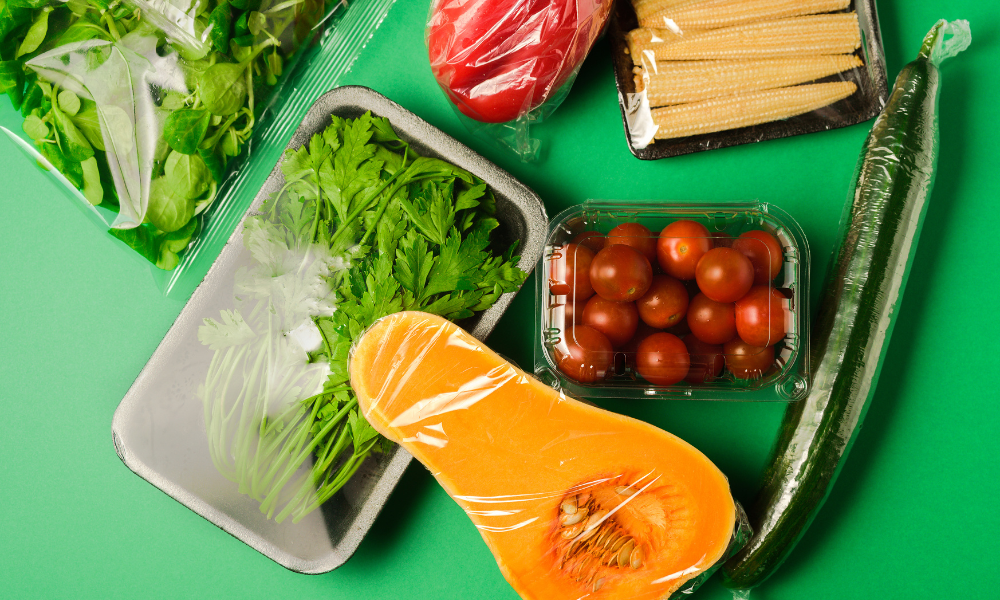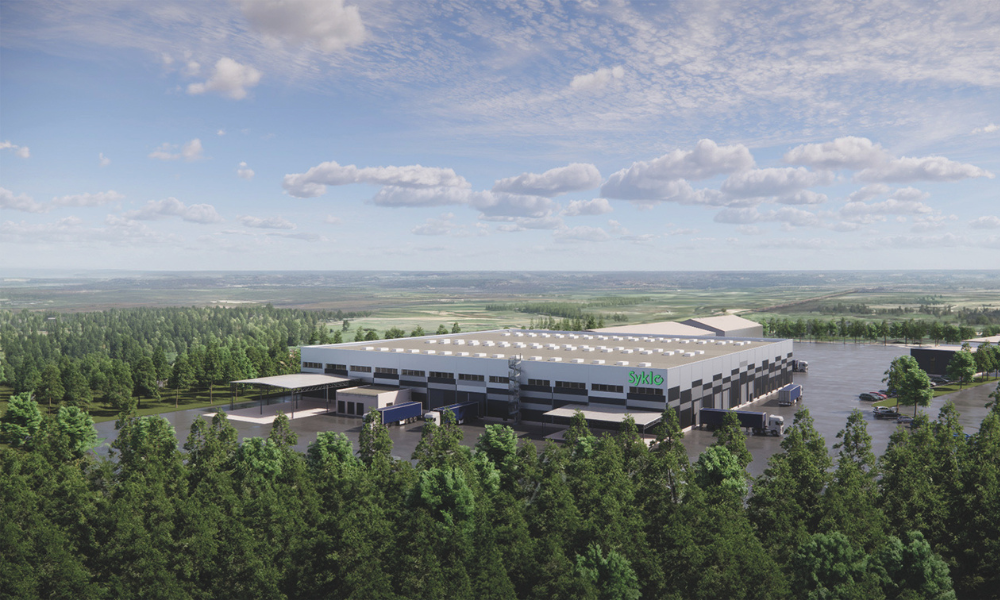Both packaging producer organisations in Finland invest in increased sorting capacity

EU countries are expected to recycle half of their plastic packaging by the end of 2025. Finland’s recycling rate is just over 30 per cent. This means that about 70 per cent of plastic packaging ends up in mixed and energy waste.
FPP expands cooperation with Remeo
Finnish Packaging Producers (FPP) and Remeo are expanding their cooperation in the sorting and recycling of consumer plastic packaging. Remeo is investing in new recycling technology that will significantly increase processing capacity in Finland. This investment will mean that FPP customers’ plastic packaging can be recycled in Finland, which will improve the recycling rate. FPP has about 4,800 customers.
“We are responsible for about 70-75 per cent of Finland’s plastic packaging, and our goal is to start processing most of it in Finland in 2026,” says Pekka Tommola, CEO of FPP.
The cooperation between FPP and Remeo began in 2023, when an initial assessment was conducted of the capacity of Remeo’s Vantaa facility to handle different types of plastic based on its existing technology.
“The factory was completed in 2021, and sites for NIR identification devices needed for identifying different types of materials during sorting were planned in advance. These can now be put to use following the expansion,” Tommola explains.
Most sorting is expected to take place in Vantaa by the end of this year. FPP has a contract with Site Zero in Sweden until the end of 2026, after which operations will shift primarily to Finland.
“We are very pleased that we have managed to increase the capacity for plastic sorting in Finland so quickly. Our customers are Finnish producers, so it is important to grow recycling operations in Finland,” says Tommola.
Reaching the recycling target is possible in Finland
According to Tommola, Finland can achieve its plastic recycling target, but three things will be required:
“Consumers and companies need to double the amount of plastic they recycle, and plastic packaging must be designed to be easier to recycle,” says Tommola.
Packaging design will change as a result of the EU Packaging and Packaging Waste Regulation, which requires all packaging on the European market to be recyclable by 2030. Businesses need to act now, and FPP aims to assist them.
“We offer our customers the RecyClass tool to test the recyclability of plastic and metal packaging. We have also produced an international guide for designing recyclable packaging in cooperation with the Finnish Packaging Association that includes recommendations for all packaging materials,” says Tommola.
Earlier this year, FPP was approved by Åland’s parliament as a packaging producer organisation in Åland.
Sumi invests in its sorting facility
Sumi Oy has an agreement with Fortum for the sorting of plastic packaging that will see Fortum invest in a new modern sorting facility. The current facility does not fulfil all sorting needs, and its development has been discussed with Fortum for some time. Challenges with the old facility include a lack of space and the fact that it was originally designed for different input materials, necessitating many compromises.
Last spring, Fortum and Sumi reached an agreement for Sumi to purchase Fortum’s construction and process plans, environmental permits, lease agreements and plastic supply agreements for the new facility. The old facility is still owned by Fortum, but skilled staff will transfer to Sumi once the new facility is operational.
“We will be responsible for sorting plastic waste, while Fortum, operating on the same site, will handle washing and granulation of the resulting fractions. All stages of the recycling process will be conducted on the same site for most of the sorted volumes,” says Mika Surakka, Sumi Oy’s Managing Director.
Construction work has already started on the site but is currently halted due to issues with insurance.
“Insurance companies perceive the circular economy sector as being highly risky due to fires having occurred in some facilities; as such they do not offer insurance coverage. This is unfortunate because most of the damage caused by these fires has been due to environmental permit violations, painting the entire sector in a bad light. This has delayed the project, but we will find a solution by turning to foreign insurance companies,” Surakka explains.
The goal is to have the new facility operational by the second quarter of 2026.
Lower logistics costs will reduce customer expenses
Sumi’s facility will be able to handle all of Finland’s plastic packaging waste. Conducting sorting and recycling operations on the same site in Finland will keep logistics costs low.
“Transport costs represent a significant portion of recycling fees. The biggest benefit for our customers will be the reduction in costs,” Surakka explains.
The new facility will use technology that has not been used anywhere else in the world. It will allow for very high sorting accuracy, ensuring that all recyclable material is recovered. Accuracy can also be monitored in real time, allowing problems to be resolved without delay.
Focus on chemical recycling
Increasing chemical recycling will help to raise the recycling rate.
“We are working on increasing chemical recycling with WasteWise Oy. A pilot run has been completed and production use is about to start. Chemical recycling enables oil refineries to accept and recycle rejects from our sorting process and use them in the production of new plastic,” says Surakka.
The new facility will be able to produce higher quality recycled raw materials for the manufacture of packaging.
“It will be possible to produce food-grade plastic from recycled material. This is a significant improvement, as this is not currently possible,” says Surakka.
Syklo to build a new circular economy hub in Hyvinkää
Circular economy company Syklo Oy is investing EUR 70-80 million in a new circular economy hub in Hyvinkää. The unique production facilities will utilise Syklo’s latest patented technology. The company has obtained environmental and construction permits, and construction has started positively. The earthwork and foundations for the new facility have been completed. The procurement of equipment is underway.
“It looks like we are on schedule, and the facility will be fully operational in the first half of next year,” says Teemu Koskela, Syklo’s Managing Director.
A significant addition to the recycling capacity in Finland
The new circular economy hub will have a reception capacity of 50,000 tons, increasing Finland’s plastic recycling capacity by about half. The main raw material of the facility will be plastic waste, which currently ends up being incinerated.
“The facility will be able to receive a variety of inputs. It will be able to handle consumer product packaging, various types of industrial and commercial packaging and retail plastic waste,” says Koskela.
“The facility aims to produce high-value, long-lasting end products that bind carbon to genuinely promote recycling efforts,” says Koskela.
